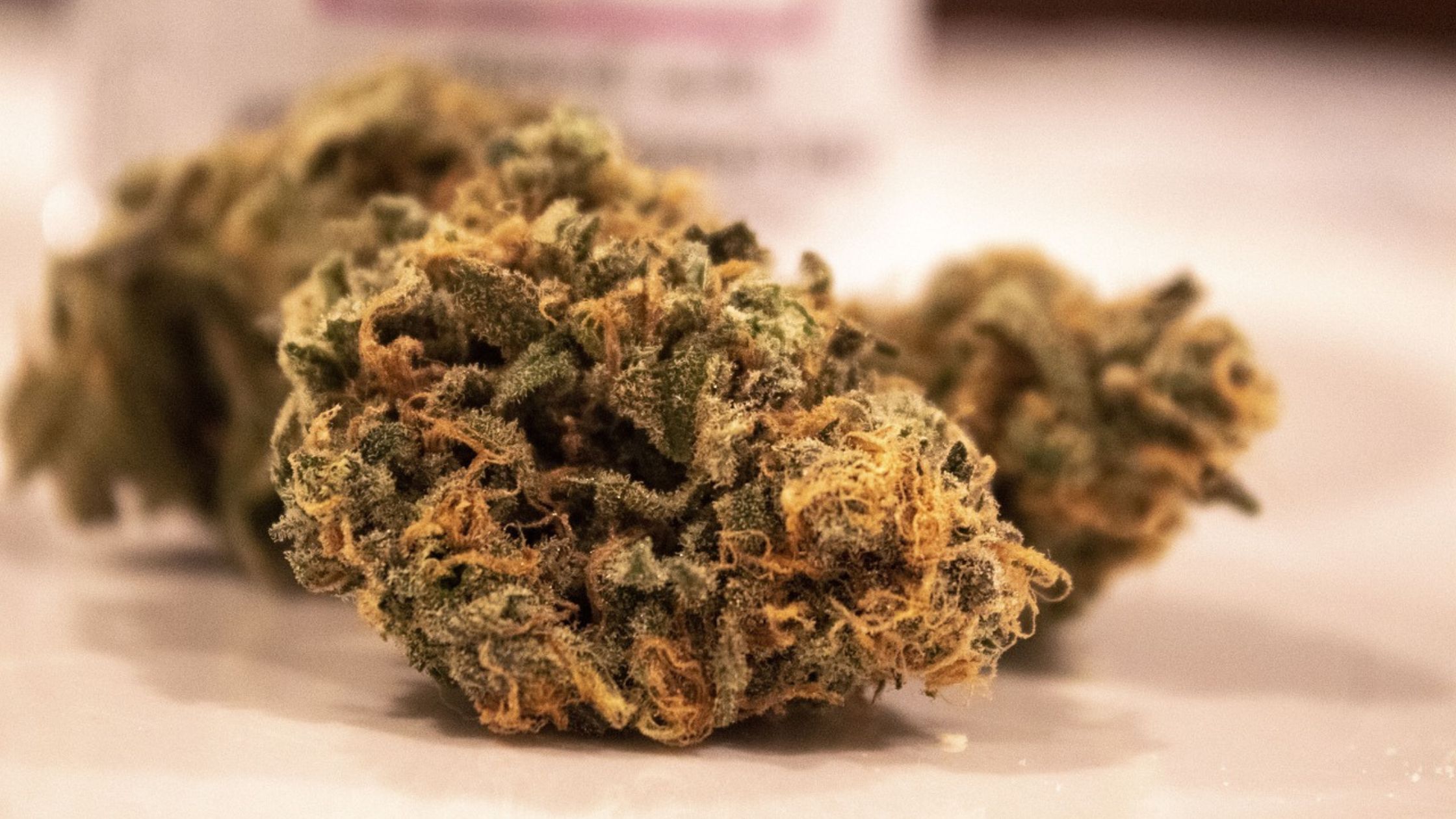Understanding THCA and Its Importance
If you’ve ventured into the world of cannabis, you’ve probably heard about THCA flower. But what exactly is it, and how is it made? In this article, we’ll dive deep into the fascinating process of creating THCA flower and explore its significance in the cannabis community.
What is THCA?
THCA, or tetrahydrocannabinolic acid, is a non-psychoactive cannabinoid found in raw cannabis. Unlike its more famous counterpart, THC, THCA doesn’t produce the euphoric high typically associated with marijuana. Instead, it offers potential health benefits, making it increasingly popular among wellness enthusiasts.
Why Choose THCA Flower?
THCA flower is prized for its therapeutic properties without the intoxicating effects. Many users appreciate that they can reap the benefits of cannabis—such as anti-inflammatory and neuroprotective effects—without the psychoactive side effects of THC. This makes THCA flower an appealing option for those seeking natural remedies for various ailments.
The Journey of THCA Flower Production
Creating high-quality THCA flower involves several critical steps, starting with selecting the right cannabis strain.
Selecting the Right Cannabis Strain
Not all cannabis strains are created equal when it comes to THCA content. Growers typically select specific strains known for their high THCA levels. Some popular strains for THCA flower include “HempStar” and “Cherry Wine.” Choosing the right strain is crucial because it affects the overall yield and quality of the final product.
Growing THCA-Rich Cannabis
Once the strain is selected, it’s time to grow the cannabis. This process involves various factors that can significantly impact THCA levels in the flowers.
Indoor vs. Outdoor Cultivation
Cannabis can be grown indoors or outdoors, and both methods have their advantages. Indoor cultivation allows for greater control over environmental factors like light, humidity, and temperature, which can lead to higher THCA concentrations. On the other hand, outdoor cultivation can yield larger plants and more substantial harvests, provided the climate is suitable.
Nutrient and Light Requirements
Regardless of the cultivation method, cannabis plants require specific nutrients and light conditions to thrive. Key nutrients include nitrogen, phosphorus, and potassium, which are vital for plant growth. Proper lighting, whether from sunlight or artificial sources, is essential for photosynthesis and optimal cannabinoid production.
Harvesting the Flowers
Once the cannabis plants reach maturity, it’s time to harvest the flowers. Timing is critical here; harvesting too early or too late can affect the THCA content. Growers typically look for trichomes (tiny resinous glands) to change color from clear to milky white as a sign that the flowers are ready to be picked.
The Extraction Process
After harvesting, the next step is to extract the THCA from the flowers. This process can involve several methods, each with its pros and cons.
Methods of Extracting THCA
There are three primary methods for extracting THCA from cannabis flowers:
CO2 Extraction
CO2 extraction uses pressurized carbon dioxide to extract cannabinoids. This method is highly efficient and produces a clean, pure product without harmful residues. It’s often considered the gold standard in the cannabis industry for producing high-quality extracts.
Ethanol Extraction
Ethanol extraction is another popular method that uses food-grade ethanol as a solvent. This technique is straightforward and effective but may also extract chlorophyll, which can affect the final product’s taste and appearance. Post-extraction purification processes are often needed to remove unwanted compounds.
Hydrocarbon Extraction
Hydrocarbon extraction utilizes solvents like butane or propane to extract THCA. While this method can yield high concentrations of cannabinoids, it requires careful handling due to the flammability of the solvents. Hydrocarbon extraction is often performed in professional settings with strict safety measures.
Purification and Concentration
Once THCA is extracted, it often undergoes purification to ensure that it is free from contaminants and retains its desired cannabinoid profile. Techniques like chromatography can be used to isolate THCA from other compounds, resulting in a highly concentrated product.
Testing and Quality Control
Quality control is vital throughout the production process to ensure the safety and efficacy of THCA flower.
Importance of Lab Testing
Testing is essential to confirm the purity and potency of THCA flower. Reputable manufacturers send their products to third-party labs for analysis. This testing reveals cannabinoid profiles, terpene content, and the presence of any harmful substances like pesticides or heavy metals.
Ensuring Purity and Potency
Consumers should always look for products that provide lab results, ensuring that what they’re purchasing is safe and effective. This transparency builds trust and helps consumers make informed decisions.
The Benefits of Using THCA Flower
Therapeutic Effects of THCA
THCA flower is associated with several potential health benefits. Users often report experiencing reduced inflammation, improved mood, and relief from nausea without the psychoactive effects of THC.
Non-Psychoactive Qualities
Because THCA is non-psychoactive, it allows users to incorporate cannabis into their daily routines without the risk of impairment. This makes it an excellent option for those who need relief from symptoms while maintaining focus and productivity.
Conclusion
In summary, the process of making THCA flower involves careful selection of cannabis strains, proper cultivation techniques, and thorough extraction methods. With its potential health benefits and non-psychoactive properties, THCA flower is becoming a popular choice for those looking to explore the therapeutic effects of cannabis without the high. By understanding how THCA is produced, you can appreciate the effort that goes into creating this valuable cannabinoid and make informed choices about your cannabis use.
Frequently Asked Questions
What is THCA flower?
THCA flower refers to cannabis flowers that contain high levels of tetrahydrocannabinolic acid (THCA), a non-psychoactive cannabinoid.
Can THCA flower get you high?
No, THCA flower does not produce a high. It only converts to THC when heated through methods like smoking or cooking.
How is THCA flower extracted?
THCA flower is extracted using various methods, including CO2 extraction, ethanol extraction, and hydrocarbon extraction.
Is THCA flower legal?
THCA flower is generally legal when derived from hemp containing less than 0.3% THC, but always check local regulations.
What are the health benefits of THCA?
THCA may offer anti-inflammatory and neuroprotective effects without the psychoactive side effects of THC, making it appealing for various health conditions.

